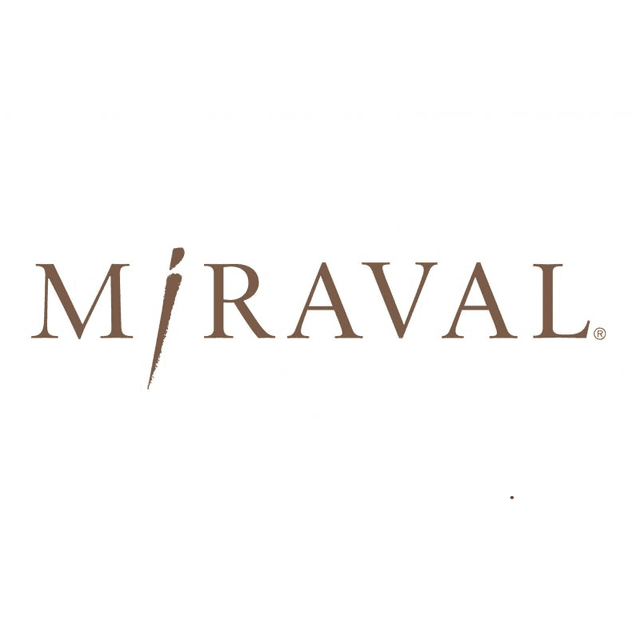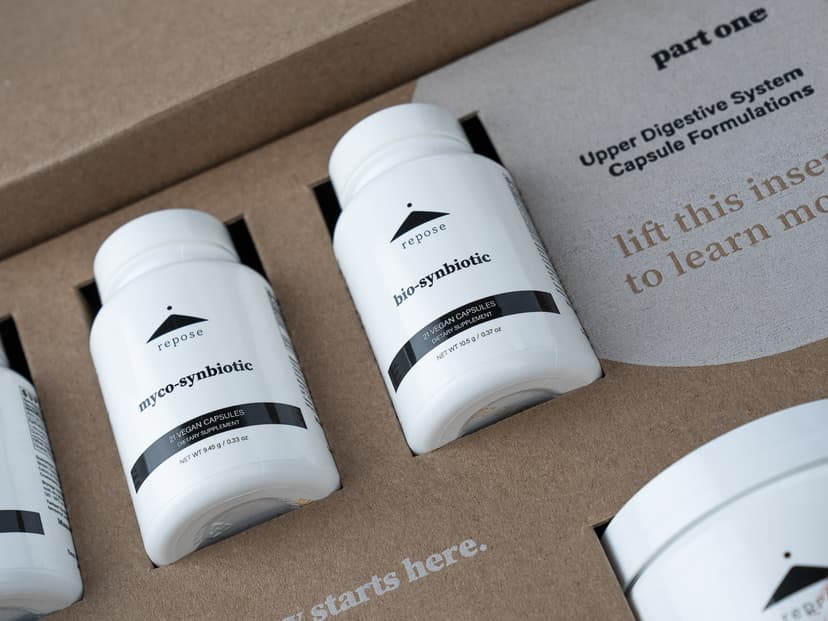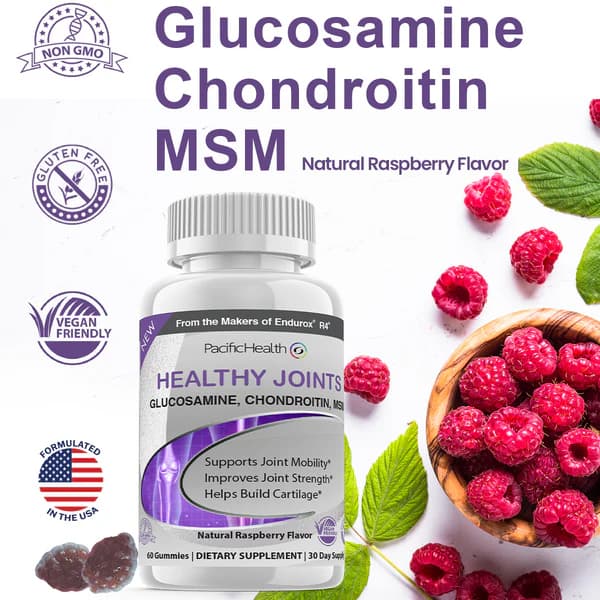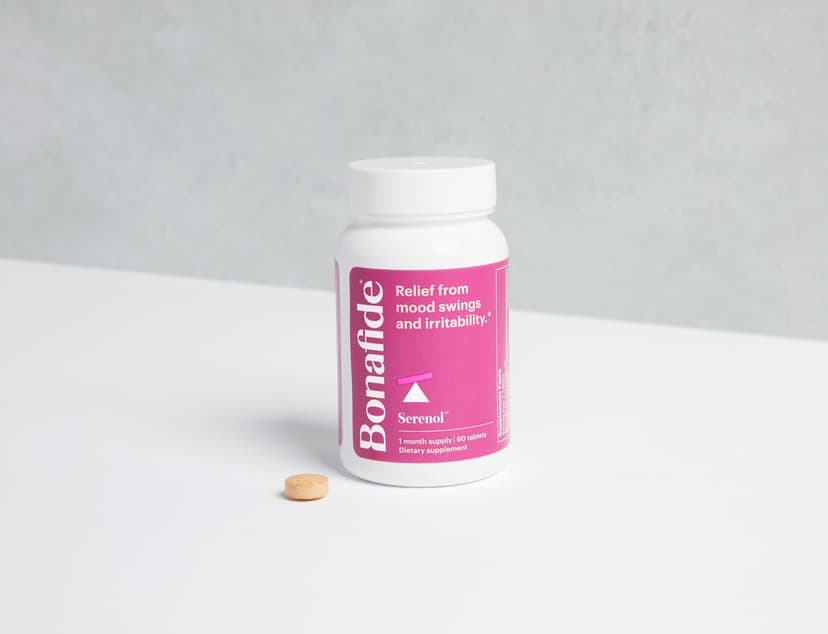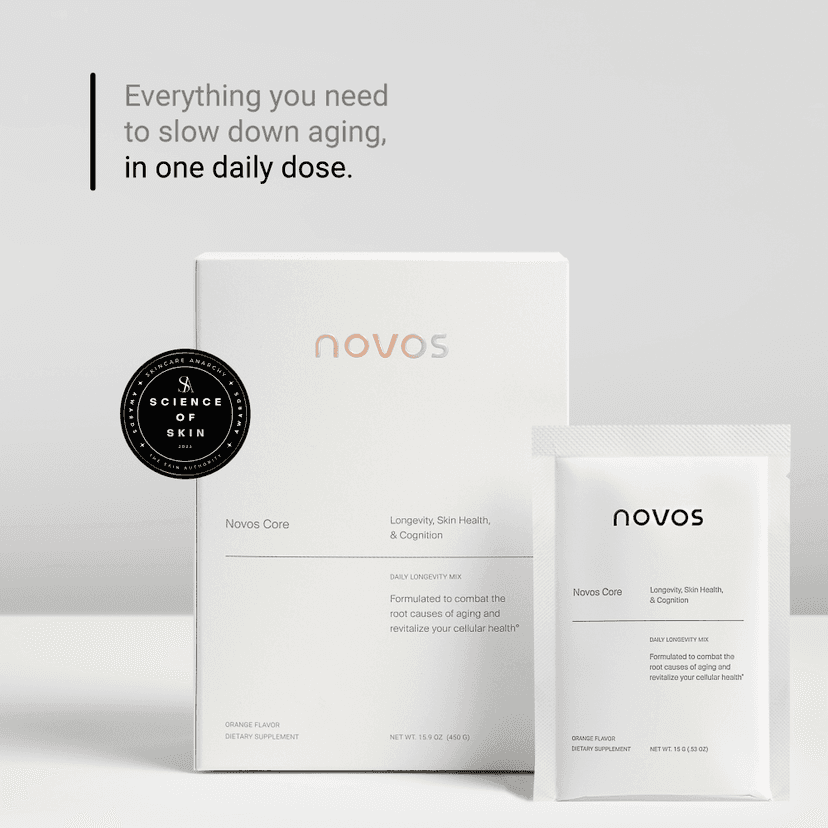Switching to a plant-based diet can be a game-changer for your health and the planet. This guide will walk you through the benefits, essential nutrients, and tips for making the transition. Whether you're curious about the health perks or just want some easy recipes, we've got you covered.
Key Takeaways
- A plant-based diet can help reduce the risk of chronic diseases like heart disease and diabetes.
- Eating plant-based foods can improve your digestive health and help with weight management.
- It's important to get a variety of nutrients, including protein, vitamins, and minerals, from plant sources.
- Transitioning to a plant-based diet can be done gradually by planning balanced meals and finding plant-based alternatives.
- Plant-based diets can have a positive impact on the environment by reducing carbon footprints and conserving natural resources.
Health Benefits of a Plant-Based Diet
Reduced Risk of Chronic Diseases
Switching to a plant-based diet can help lower the risk of many chronic diseases. Eating more fruits, vegetables, whole grains, and legumes can reduce the chances of heart disease, diabetes, and certain cancers. These foods are packed with nutrients and are low in unhealthy fats, making them a great choice for long-term health.
Improved Digestive Health
A plant-based diet is rich in fiber, which is essential for good digestion. Fiber helps keep your digestive system running smoothly and can prevent issues like constipation and bloating. Plus, it supports a healthy gut microbiome, which is important for overall well-being.
Enhanced Weight Management
Many people find it easier to manage their weight on a plant-based diet. Plant foods are generally lower in calories and higher in nutrients, helping you feel full and satisfied without overeating. This can make it simpler to maintain a healthy weight and avoid obesity-related health problems.
Adopting a plant-based diet can lead to significant health improvements, making it a beneficial choice for many people.
Essential Nutrients in a Plant-Based Diet
Sources of Plant-Based Protein
Getting enough protein on a plant-based diet is entirely possible. Foods like beans, lentils, tofu, and quinoa are excellent sources of protein. Nuts and seeds also provide a good amount of protein and healthy fats. Including a variety of these foods in your meals ensures you get all the essential amino acids your body needs.
Getting Enough Vitamins and Minerals
While most vitamins and minerals can be obtained from a plant-based diet, vitamin B12 is an exception and may require supplementation. To enhance iron absorption from plant sources like spinach and beans, pair them with vitamin C-rich foods such as oranges or bell peppers. Calcium can be found in fortified plant milks, leafy greens, and almonds.
Importance of Fiber
Plant-based diets are naturally high in fiber, which is beneficial for heart health, digestion, and blood sugar control. Most people don't get enough fiber, but by eating a variety of fruits, vegetables, whole grains, and legumes, you can easily meet your daily fiber needs.
A well-planned plant-based diet can provide all the essential nutrients your body needs, except for vitamin B12, which you may need to supplement.
Tips for Transitioning to a Plant-Based Diet
Start Gradually
If you’re hesitant to give up all meat and animal products right away, start slowly. Begin by incorporating more plant-based meals into your diet each week. This way, you can adjust to new flavors and textures without feeling overwhelmed.
Plan Balanced Meals
To ensure you’re getting all the nutrients you need, plan your meals carefully. Include a variety of fruits, vegetables, grains, and legumes. A balanced plate might include:
- A serving of whole grains
- A portion of protein-rich legumes or tofu
- Plenty of colorful vegetables
- A small amount of healthy fats like nuts or avocado
Find Plant-Based Alternatives
Experiment with plant-based substitutes for your favorite foods. There are many options available, such as almond milk instead of dairy milk, or veggie burgers instead of beef patties. Trying new products can make the transition more enjoyable and less restrictive.
Over time, eating a plant-based diet will become second nature. Be patient with yourself and enjoy the journey towards a healthier lifestyle.
Common Myths About Plant-Based Diets
Myth: Plant-Based Diets Lack Protein
One common myth is that plant-based diets don't provide enough protein. In reality, there are plenty of plant-based protein sources like beans, lentils, tofu, and quinoa. These foods can easily meet your daily protein needs.
Myth: Plant-Based Diets Are Expensive
Another myth is that eating plant-based is costly. While some specialty items can be pricey, many plant-based staples like rice, beans, and seasonal vegetables are very affordable. Planning meals and buying in bulk can help keep costs down.
Myth: Plant-Based Diets Are Boring
Some people think plant-based diets are dull and lack variety. However, there are countless delicious and exciting plant-based recipes to try. From hearty stews to vibrant salads, the options are endless.
Transitioning to a plant-based diet can be a rewarding experience, offering numerous health benefits and a chance to explore new foods and flavors.
Plant-Based Recipes for Beginners
Easy Breakfast Ideas
Starting your day with a plant-based breakfast can be both delicious and nutritious. Here are some simple ideas to get you going:
- Rolled oats with walnuts, banana, and a sprinkle of cinnamon.
- A breakfast wrap filled with scrambled tofu, black beans, peppers, onions, and a splash of hot sauce or salsa.
- Whole-wheat English muffin topped with fresh tomato and avocado slices.
Simple Lunch Recipes
Lunchtime can be a breeze with these easy plant-based recipes:
- A hearty salad with mixed greens, chickpeas, cherry tomatoes, cucumbers, and a tahini dressing.
- Quinoa bowl with black beans, corn, avocado, and a lime vinaigrette.
- Hummus and veggie wrap with spinach, bell peppers, and shredded carrots.
Quick Dinner Options
Dinner doesn't have to be complicated. Try these quick and tasty plant-based options:
- Stir-fried vegetables with tofu and a side of brown rice.
- Lentil soup with a slice of whole-grain bread.
- Spaghetti with marinara sauce and a side of steamed broccoli.
Transitioning to a plant-based diet can be easy and enjoyable with these simple recipes. Experiment with different ingredients and find what works best for you.
Environmental Impact of Plant-Based Diets
Reduction in Carbon Footprint
Switching to a plant-based diet can significantly lower your carbon footprint. Animal farming produces more greenhouse gases compared to growing plants. By eating more plants, we can help fight climate change.
Conservation of Water Resources
Animal farming uses a lot of water. For example, it takes thousands of gallons of water to produce just one pound of beef. On the other hand, growing plants needs much less water. This means that eating more plants can help save water.
Decreased Land Use
Raising animals for food requires a lot of land. This land could be used for growing plants or even left as natural habitats. By choosing a plant-based diet, we can use land more wisely and protect natural areas.
Making even a small switch to plant-based eating can have a big impact on our planet. It helps reduce pollution, save water, and use land better.
Conclusion
Switching to a plant-based diet can bring many health benefits, like better nutrition and a lower risk of diseases. It's also good for your wallet and the planet. By eating more fruits, vegetables, and whole grains, you can feel better and have more energy. Remember to include a variety of foods to get all the nutrients you need. With some planning and simple tips, anyone can start enjoying the perks of a plant-based lifestyle.
Frequently Asked Questions
What is a plant-based diet?
A plant-based diet focuses on foods that come from plants. This includes fruits, vegetables, nuts, seeds, oils, whole grains, legumes, and beans. It doesn't mean you have to be vegetarian or vegan and never eat meat or dairy. Instead, you're choosing more of your foods from plant sources.
Can I get enough protein on a plant-based diet?
Yes, you can get enough protein from a plant-based diet. Foods like beans, lentils, chickpeas, tofu, tempeh, and quinoa are all high in protein. Eating a variety of these foods will help you meet your protein needs.
Is a plant-based diet expensive?
A plant-based diet doesn't have to be expensive. In fact, it can be cheaper than a diet that includes a lot of meat and dairy. Foods like beans, rice, and seasonal vegetables are often less expensive and can be bought in bulk.
How can I make sure I'm getting all the nutrients I need?
To get all the nutrients you need on a plant-based diet, eat a variety of foods. Include plenty of fruits, vegetables, whole grains, and legumes. You might also consider taking a vitamin B12 supplement, as this nutrient is mostly found in animal products.
Will I lose weight on a plant-based diet?
Many people do lose weight on a plant-based diet because plant foods are often lower in calories and fat than animal foods. Plus, they're high in fiber, which can help you feel full longer. However, weight loss depends on many factors, including overall diet and exercise.
Is a plant-based diet suitable for children?
Yes, children can follow a plant-based diet, but it's important to ensure they get all the nutrients they need for growth and development. This includes protein, calcium, iron, and vitamins like B12 and D. Consulting with a pediatrician or a dietitian can help you plan balanced meals for your kids.



